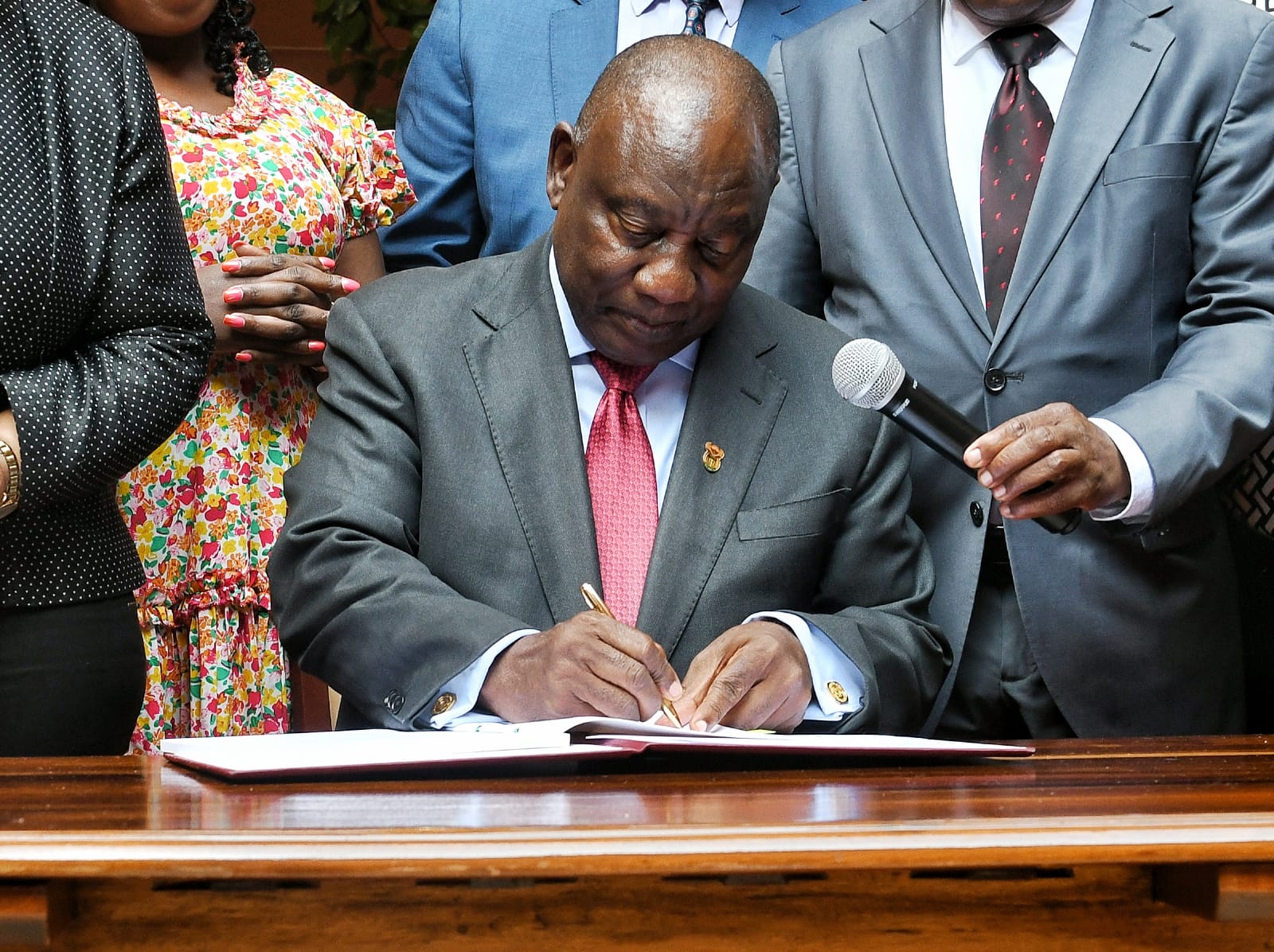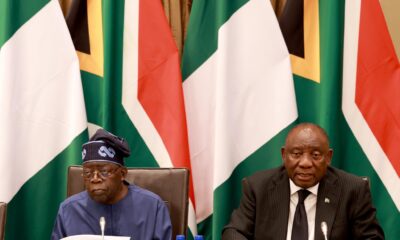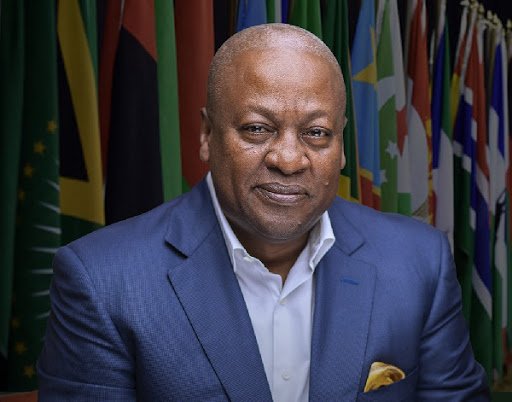South Africa’s President Cyril Ramaphosa signed a measure into law on Wednesday that promises to offer universal health coverage, hailing it as a significant step towards a more equitable society, two weeks before a fiercely competitive election.
The National Health Insurance (NHI) Act aspires to create a two-tier health system, with a publicly financed sector serving 84% of the population and private insurance providing access to better treatment.
Opponents have pledged to challenge it in court and labelled it as a ploy for votes, which the presidency disputed, ahead of an election in which the ruling African National Congress (ANC) is trying to keep its legislative majority after 30 years.
The legislation will gradually reduce the role of private insurance, establish a new public fund to give free access to South African people, and regulate the fees and prices that private doctors and healthcare providers can charge for NHI-funded benefits.
“The provision of healthcare in this country is fragmented, unsustainable and unacceptable,” said Ramaphosa, framing the legislation as a solution to inequalities that date back to the apartheid era.
“For those who would like to see (their) privileges continuing, sorry, you are on the wrong boat. The boat we are on is about equality,” he said at a signing ceremony at the Union Buildings, the seat of government in Pretoria.
Opponents argue that the plan will deplete already-strained public funds, limit patient choice, lower care quality, and drive talented doctors out of the nation.
According to industry and political commentators, the legislation is expected to be mired in litigation for years, with the funding model being the most contentious issue. The government has stated that the National Treasury will select the NHI’s funding sources, which will include an obligatory pre-payment system and other forms of levies.
Big local health insurers, such as Discovery Momentum Metropolitan Health and AfroCentric, say they support universal health coverage but disagree with the proposed funding approach.
“There is no funding plan yet and given the country’s constrained fiscal position, low economic growth and narrow tax base, this can only be solved in the longer term,” said Adrian Gore, group CEO of Discovery.
“We see no scenario in which there is sufficient funding for a workable and comprehensive NHI in its current form.”

 VenturesNow1 day ago
VenturesNow1 day ago
 Musings From Abroad1 day ago
Musings From Abroad1 day ago
 Metro1 day ago
Metro1 day ago
 Metro10 hours ago
Metro10 hours ago
























